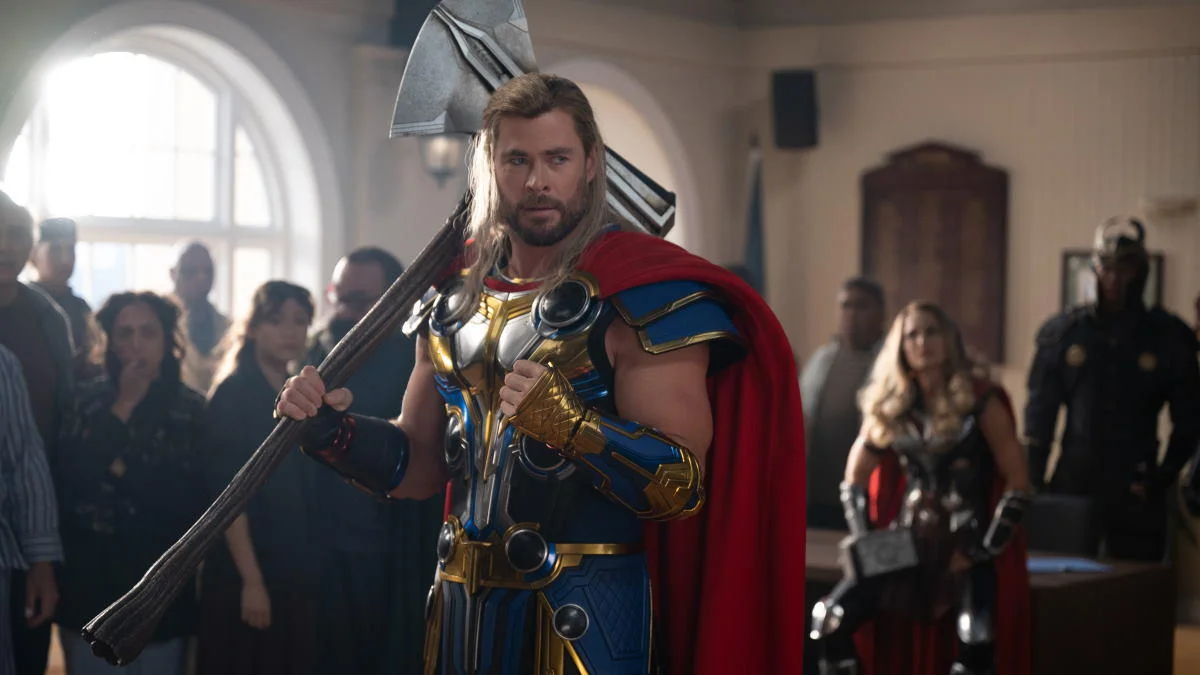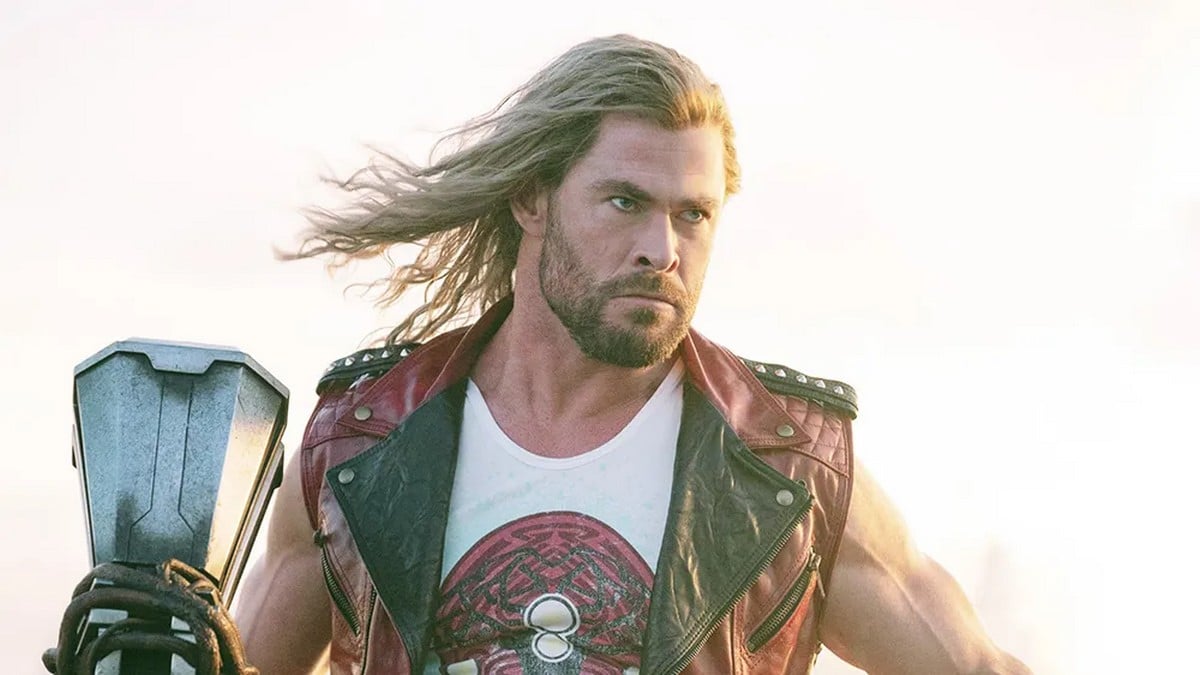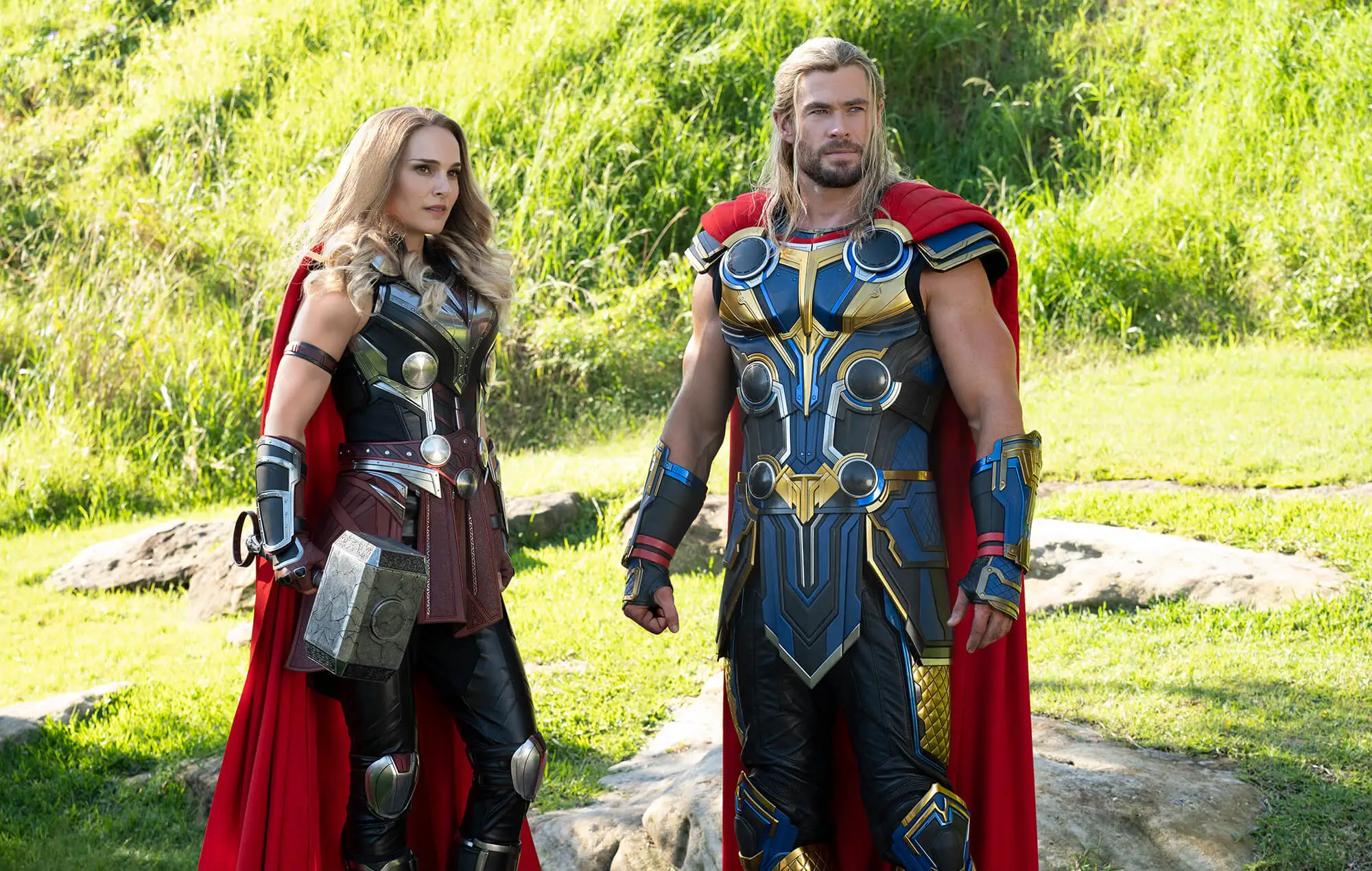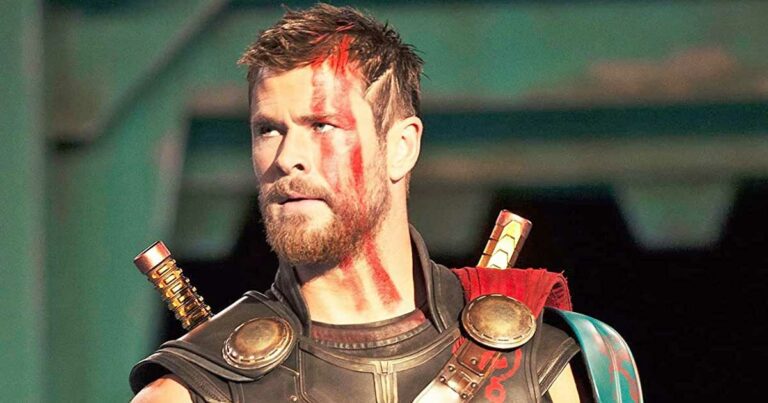Marvel’s Immortal Thor has sent ripples through the comic book community, offering a powerful reimagining of the Asgardian God that starkly contrasts with his portrayal in the MCU. This latest iteration of Thor, penned by Al Ewing and illustrated by Jan Bazaldua, positions the Thunder God as a formidable force to be reckoned with, far surpassing the portrayal of Zeus in Thor: Love and Thunder. The stark differences between the comic and the film have led to a critical reassessment of the latter’s handling of the mythological characters.

Immortal Thor: A New Pinnacle of Power
In Immortal Thor, the character of Thor is elevated to new heights, achieving the status of the All-Father of Asgard. This latest series showcases Thor at his zenith, wielding immense power that challenges even the mightiest of gods. Traditionally, Thor was considered inferior in power compared to Olympus’ Skyfather, Zeus. However, the comic series revolutionizes this dynamic, placing Thor on par with, if not above, the Olympian deity.
The shift in power dynamics is not just a narrative choice but a significant character development. Fans have embraced this evolution, with the latest issue, #14, featuring a climactic battle between Thor and a newly reborn Zeus. This faceoff not only redefines Thor’s role but also highlights the missed opportunities in the MCU’s portrayal of these mythic characters.
Thor vs Zeus: A Clash of Titans in the MCU
When Chris Hemsworth’s Thor faced off against Russell Crowe’s Zeus in Thor: Love and Thunder, the confrontation was markedly different from what’s depicted in the comics. The film’s portrayal of Zeus as a lewd, arrogant deity who is swiftly defeated by Thor drew criticism for its lackluster and comedic approach. Zeus, in the film, is dismissed as a trivial character, a far cry from the formidable opponent seen in the comics.

In a key scene, Zeus attempts to kill Thor and Korg, only to be thwarted when Thor harnesses Zeus’s own thunderbolt to defeat him. The film’s depiction of Zeus culminates in a vengeful declaration, with Zeus swearing to seek revenge through his son Hercules. Despite this setup, the film’s comedic and inconsistent tone led many fans to feel that the portrayal of Zeus was a missed opportunity.
Fan Reactions: From Disappointment to Praise
The release of Immortal Thor has sparked a wave of reactions from the fanbase, many of whom have expressed disappointment with the MCU’s handling of these iconic characters. Social media is abuzz with comparisons between the comic series and the film, underscoring the discrepancies in character representation.
One fan lamented, “This is the same character the MCU turned into a joke?” while another criticized, “Comic Thor is a pure god—his mom is Gaea, an elder one. THE MAN DESERVES RESPECT, AND I HATED HOW THE MCU MADE HIM A JOKE.” These comments reflect a broader sentiment that the MCU’s version of Thor and Zeus was not up to par with their comic book counterparts.
In contrast, Immortal Thor has received accolades for its compelling storytelling and powerful depiction of Thor. Enthusiastic fans have praised the series, with one commenting, “Do you ever read a Comic Book that just leaves you thinking ‘Comics are amazing’? Well, that’s Immortal Thor by Al Ewing & Martin Coccolo.”

The Impact of Immortal Thor on Marvel’s Mythology
Immortal Thor redefines Thor’s place in the Marvel Universe, elevating him to a level of godhood that was previously reserved for characters like Zeus. The comic series introduces a new narrative where Thor is not only on par with but exceeds the powers of his mythological counterparts. This transformation is significant for fans and sets a new benchmark for how Thor is perceived within the Marvel cosmos.
The comic’s portrayal of Thor’s battle with Zeus serves as a testament to the character’s growth and power. It stands in stark contrast to the film’s approach, which many felt diminished the grandeur of these legendary figures.
As fans eagerly discuss and debate the differences between the comic and film portrayals, Immortal Thor emerges as a critical touchstone for understanding the potential and pitfalls of adapting mythological characters for modern audiences.
